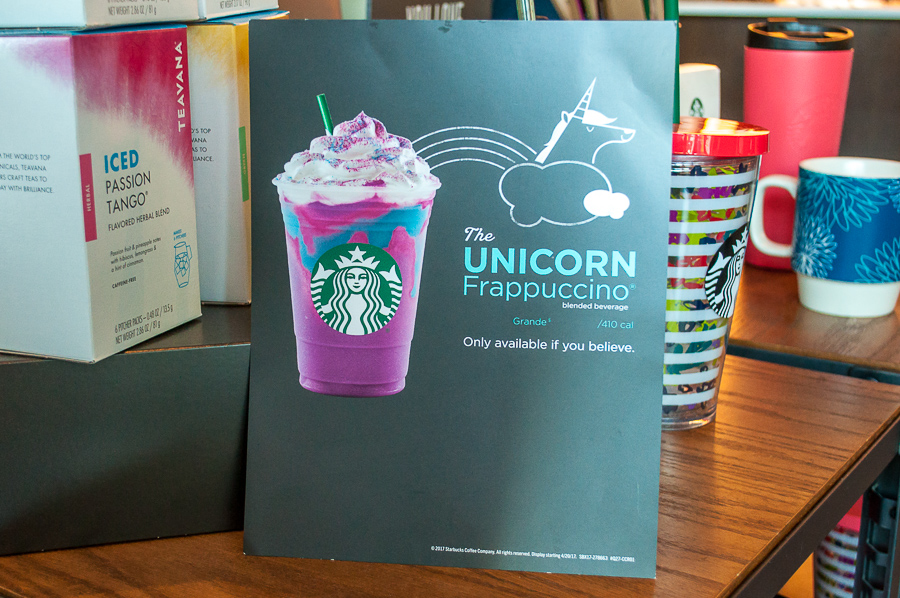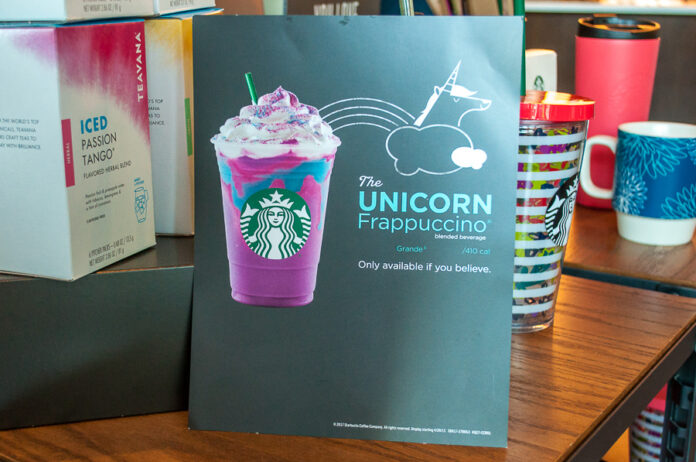
 Few American Millennials can afford the time, effort and money it takes to live a sustainable, healthy lifestyle
Few American Millennials can afford the time, effort and money it takes to live a sustainable, healthy lifestyle
Do you ever wonder and contemplate about when you will “probably” die? Well, if you’re a Millennial living in the 21st century, evidence points to “probably pretty soon.” Why is the Millennial generation the first group in history not expected to live longer than their predecessors? The scientific community tells us there are several reasons as to why this young generation of Millennials will enjoy the same life expectancy as their grandparents rather than their parents.
The staple breakfast that Millennials have been enjoying since they were born consist of a tall glass of high-fructose corn syrup, a deluge of salty preservatives and a high-priced “valley girl” caramel macchiato. One would assume that this reason alone would account for Millennials heading to the grave sooner than expected. But when one looks at what they’re eating for lunch and dinner, and what their idea of physical exercise consists of, it becomes clear the problem is far more widespread. The food industry has exploded with genetically modified organisms that continue to function as the country’s most dominant and efficient form of agriculture. Although we can recognize that “the times, they are a-changin’,” we don’t always fully realize the severity of these changes.
Just before the 1970s and the “agricultural revolution,” farmers in all states were thriving and prospering. The country’s cattle were grass-fed, very few knew what a GMO was or had heard of “engineered preservatives” that are found among many everyday food items in 2017. The Baby Boomers and Gen Xers who were raised on this type of consumption are arguably better off than those of us who were born shoveling Xanthan gum and red color 40 for breakfast, lunch and dinner. Don’t get me wrong, Xanthan gum is delicious, and who doesn’t love the artificial red or yellow color dye 40? With the mounting evidence, it’s not difficult to see why the Millennial generation is not expected to live past another Coachella. So what can we expect to change in a world where the “Unicorn Frappuccino” is one of the most hyped-up and popular drinks at Starbucks? We can expect that, like unicorns, the chances that Millennials will live a long and healthy life are imaginary and fun to think about.
As the greater Sacramento area fights to get the “City of Trees” sign back up on the water tower, one can’t help but consider how the new sign, “Sacramento, the Farm to Fork Capital,” suggests a new and positive direction in combating our food industry. But will measures like exercise programs and Michelle Obama’s “Let’s Move!” campaign be enough to help Millennials live longer? And how can we expect a rural, back-country town like Oxford, Mississippi to follow Sacramento? How can we expect the urban, underdeveloped area of Detroit, Michigan to carry its weight in the fight against obesity, diabetes and GMOs? Simply stated, we can’t.
This is a matter of money, time and location, as opposed to one of choice or action. There are simply not enough American Millennials that can have the resources necessary for consuming sustainable, healthy and organic food every day — not at least until the economy drastically improves, the price of higher education levels off or until today’s farmers are no longer slaves to federally-administered agricultural contracts.
Although I’ve written before about how stress, depression and anxiety are plaguing the Millennial generation, it’s primarily the surrounding food environment that will land Millennials in the grave faster than anything. The solutions to most of these problems will take precious time, effort and wealth that the young generations of this country simply do not have yet.
Written by: Brody Fernandez — bwfernandez@ucdavis.edu
Disclaimer: The views and opinions expressed by individual columnists belong to the columnists alone and do not necessarily indicate the views and opinions held by The California Aggie.









